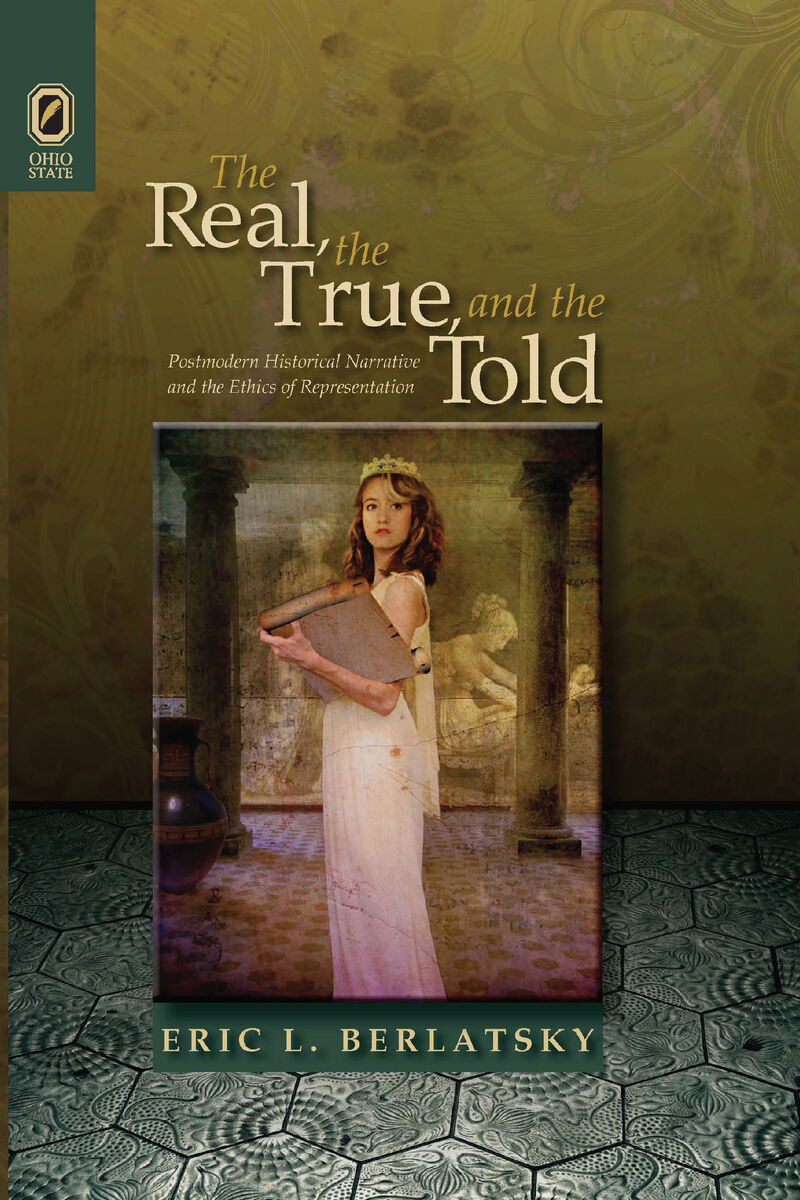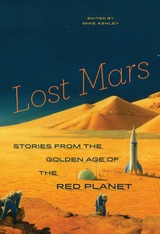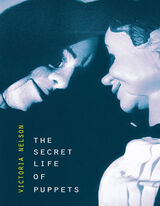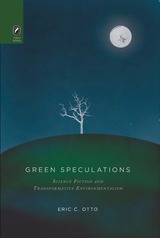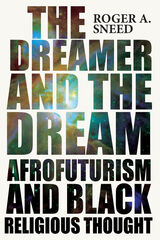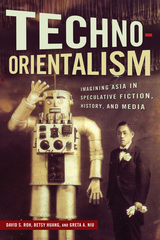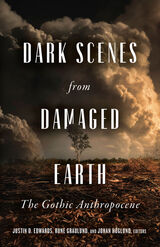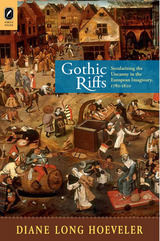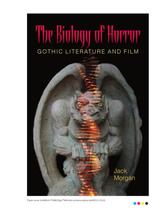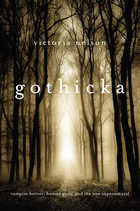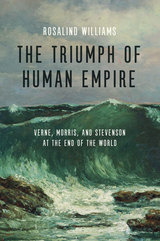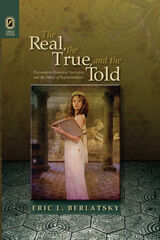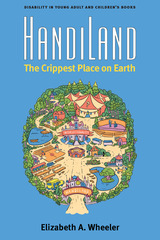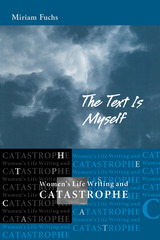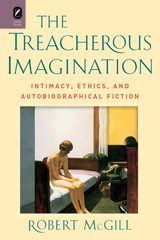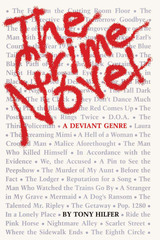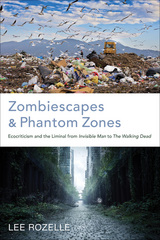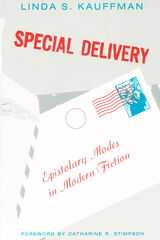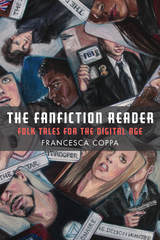The Real, the True, and the Told: Postmodern Historical Narrative and the Ethics of Representation
The Ohio State University Press, 2011
Paper: 978-0-8142-5614-5 | eISBN: 978-0-8142-7086-8 | Cloth: 978-0-8142-1153-3
Library of Congress Classification PN3441.B47 2011
Dewey Decimal Classification 809.381
Paper: 978-0-8142-5614-5 | eISBN: 978-0-8142-7086-8 | Cloth: 978-0-8142-1153-3
Library of Congress Classification PN3441.B47 2011
Dewey Decimal Classification 809.381
ABOUT THIS BOOK | AUTHOR BIOGRAPHY | TOC
ABOUT THIS BOOK
The Real, The True, and The Told: Postmodern Historical Narrative and the Ethics of Representation, by Eric L. Berlatsky, intervenes in contemporary debates over the problems of historical reference in a postmodern age. It does so through an examination of postmodern literary practices and their engagement with the theorization of history. The book looks at the major figures of constructivist historiography and at postmodern fiction (and memoir) that explicitly presents and/or theorizes “history.” It does so in order to suggest that reading such fiction can intervene substantially in debates over historical reference and the parallel discussion of redefining contemporary ethics.
Much theorization in the wake of Hayden White suggests that history is little better than fiction in its professed goal of representing the “truth” of the past, particularly because of its reliance on the narrative form.While postmodern fiction is often read as reflecting and/or repeating such theories, this book argues that, in fact, such fiction proposes alternative models of accurate historical reference, based on models of nonnarrativity. Through a combination of high theory andnarrative theory, the book illustrates how the texts examined insist upon the possibility of accessing the real by rejecting narrative as their primary mode of articulation. Among the authors examined closely in The Real, The True, and The Told are Virginia Woolf, Graham Swift, Salman Rushdie, Art Spiegelman, and Milan Kundera.
See other books on: 1882-1941 | 1949- | Postmodernism (Literature) | Representation | Woolf, Virginia
See other titles from The Ohio State University Press
